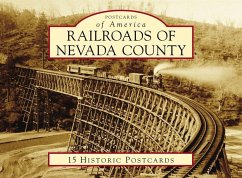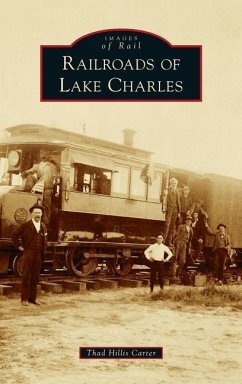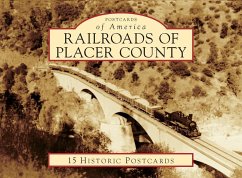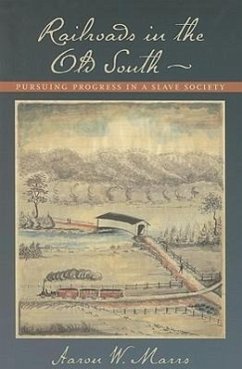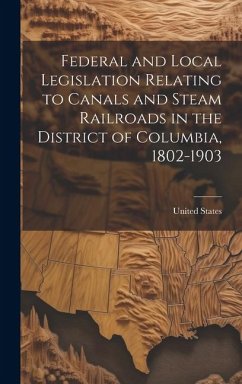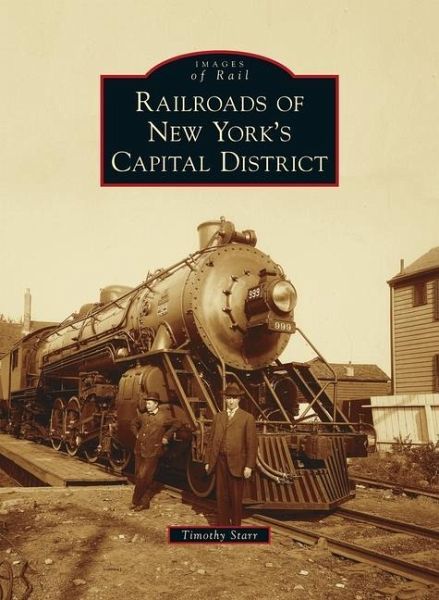
Railroads of New York's Capital District
Versandkostenfrei!
Versandfertig in über 4 Wochen
29,99 €
inkl. MwSt.
Weitere Ausgaben:

PAYBACK Punkte
15 °P sammeln!
New York's Capital District was ideally situated to become one of the nation's earliest and most important transportation crossroads. The Mohawk River was the only water level gap in the Appalachian range to the west, which led to the construction of the Erie Canal. Soon after its completion, the state's first railroad began operating between Albany and Schenectady in 1831. Other pioneer railroads followed, heading north to Canada, south to New York City, west to Chicago, and east to Boston. Over the next century, railroads like the New York Central, Boston & Albany, Boston & Maine, and Delawa...
New York's Capital District was ideally situated to become one of the nation's earliest and most important transportation crossroads. The Mohawk River was the only water level gap in the Appalachian range to the west, which led to the construction of the Erie Canal. Soon after its completion, the state's first railroad began operating between Albany and Schenectady in 1831. Other pioneer railroads followed, heading north to Canada, south to New York City, west to Chicago, and east to Boston. Over the next century, railroads like the New York Central, Boston & Albany, Boston & Maine, and Delaware & Hudson built extensive passenger stations, freight and classification yards, and repair shops in the tri-city region. Passenger operations continue today at the Schenectady and Albany-Rensselaer Amtrak stations, while the Selkirk Yard is still an important classification point for CSX Transportation.



